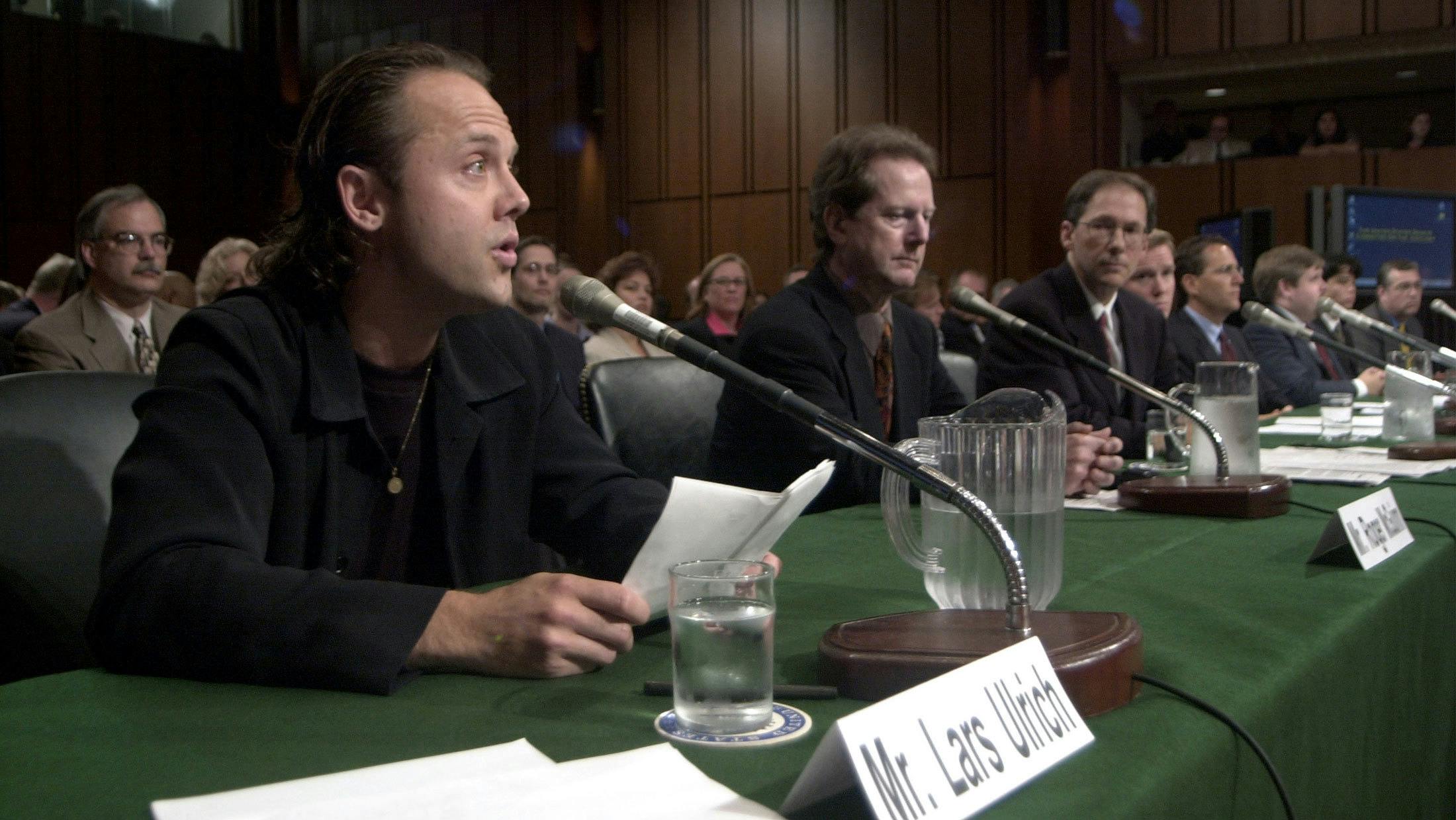For smaller artists, the pinch is far more acute. “Remember too, that my band, Metallica, is fortunate enough to make a great living from what it does,” Lars told a Senate Judiciary Hearing in July 2001. “Most artists are barely earning a decent wage and need every source of revenue available to scrape by.”
In a twisted form of reverse-inflation, while £9.99 buys a month of ‘premium’ access to Spotify, this is less than most of us were paying for a single record 20 years ago. In 2019, While She Sleeps shone a spotlight on their plight, a provocative T-shirt noting that 76 per cent of all music is now streamed rather than bought, with less than £0.005 paid per stream. Live performance has become the cornerstone of artists’ income and, more directly, merchandise sales from those shows.
Building a music industry with only a single pillar of support can prove catastrophic, especially when tested in times of crisis. How many of our favourite acts will be able to survive without exceptional support on fans parts? And how much of the infrastructure required to stay on the road?
Although, ultimately, guitarist Kirk Hammett has acknowledged that Metallica achieved little with their crusade, looking back during a 2014 Reddit AMA, there was a hint of vindication for Lars. "I wish we had been better prepared for that shitstorm that we found ourselves in,” he wrote. “I was stunned that people thought it was about money. People used the word 'greed' all the time, which was so bizarre. The whole thing was about one thing and one thing only: control. Not about the internet, not about money, not about file sharing, not about giving shit away for free or not, but about whose choice it was. If I wanna give my shit away for free, I'll give it away for free. That choice was taken away from me."
“History has proved that we were somewhat right,” Lars is quoted as telling The Huffington Post in 2013. “It'll be in the first five sentences of my obituary, and I sort of accept that.”
